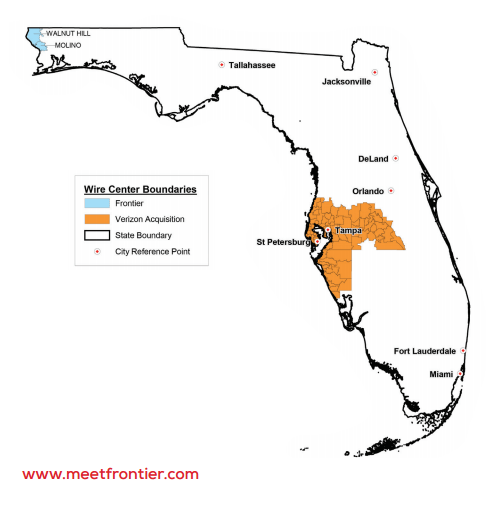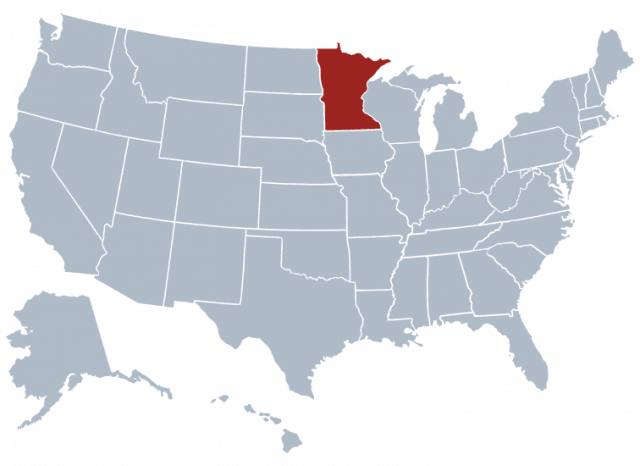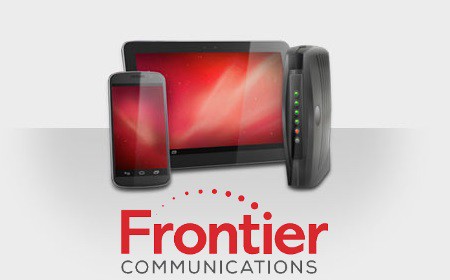 A January 911 outage that crippled the emergency response system across the Tampa area came under scrutiny this week at a Hillsborough County government hearing on the matter.
A January 911 outage that crippled the emergency response system across the Tampa area came under scrutiny this week at a Hillsborough County government hearing on the matter.
“As a consumer and as a business owner, I’ve not been satisfied with the transition nor do I trust anyone from the company standing up here at the podium and saying ‘trust me.’ I’d like to see something that is guaranteed,” said Commissioner Victor Crist. “I would like to see something in writing that is guaranteed to my voters, my constituents and this board. Can I be clearer than that?”
Taking much of the heat from the clearly exasperated county commission was David Frezza, Frontier’s vice president of network operations.
“We deeply regret that the event on January 31st impacted the emergency services,” Frezza told the county commissioners.
In January, emergency 911 lines suddenly went out of service in several Florida counties around the Tampa Bay area for several hours. Frontier’s explanation initially blamed contractors and an accidental fiber cut.
But at this week’s hearing, Frezza blamed the outage squarely on CenturyLink, which he said removed both main and backup fiber communications cables for a road widening project underway near Clewiston, a small south-central Florida town on the shores of Lake Okeechobee. CenturyLink is the local phone company serving that area. That alone was apparently enough to interrupt 911 service in Pinellas, Hillsborough, Sarasota, Manatee, and Polk counties.

Frontier’s service area in the Tampa region.
The outage took Frontier several hours to track down, which all the more irritated county commissioners because CenturyLink sent advance notice about the work project, although Frezza denied CenturyLink gave the company enough details to recognize its potential danger to the 911 system.
“I assure you that had CenturyLink alerted us to the intent to work on both the primary and secondary paths simultaneously, we would have taken action to prevent such actions,” Frezza said. “Frontier recognizes that regardless of these circumstances, we are ultimately responsible for the quality and resiliency of the services we provide.”
But Freeza also admitted the company had room to improve line mapping and marking to help other telecom companies identify critical Frontier infrastructure. Before the outage, Frontier tracked maintenance notifications via e-mail. But now Frezza said Frontier will do it over the phone.
After several problems dealing with Frontier, including a widely criticized transition from Verizon’s billing systems to Frontier’s own system, county commissioners seemed reluctant to give Frontier just one more chance to explain.
“You have to give us peace of mind,” Commissioner Stacy White said. “We have to be able to tell the citizens of Hillsborough County with a straight face that we and Frontier have everything in place to reduce the likelihood that our 911 systems aren’t going to be knocked down.”
Frontier spokesman Bob Elek said the company had already implemented an improved backup system with two additional network paths for 911 calls and a third on the way.
“We have created enough redundancy in the network to ensure any future events should have backup to make sure it flows smoothly,” said Elek. The county commission curtly told Frontier to “put it in writing and come back.”
One county is not taking a chance with Frontier again. Manatee County officials report they are permanently cutting the cord on Frontier and moving to an internet-based call routing system that will be managed by Motorola. The county made the move after it gave up trying to get their questions and concerns resolved.
“What happened should never have happened. However, just trying to get answers out of them at this point has been hard to do,” said Jake Saur, the county’s chief of emergency communications. “It is set up in two geographically diverse locations, so if one side is knocked down or taken out, the other side takes it up. We don’t believe there will be outages like Frontier.”
WTVT in Tampa covered the Hillsborough County, Fla. hearing regarding Frontier’s 911 failures in January, 2018. (2:01)


 Subscribe
Subscribe After 10 months of negotiations between Frontier Communications and the Communications Workers of America (CWA) over the phone company’s job cuts, 1,400 Frontier workers in West Virginia and Ashburn, Va.,
After 10 months of negotiations between Frontier Communications and the Communications Workers of America (CWA) over the phone company’s job cuts, 1,400 Frontier workers in West Virginia and Ashburn, Va.,  The Minnesota Public Utilities Commission (MPUC) has
The Minnesota Public Utilities Commission (MPUC) has  A survey of filed complaints found many involved Frontier’s DSL internet service, which customers complained was slow and prone to frequent outages. Other complaints involved inaccurate billing and missed service calls, which sometimes led to delays of days or weeks before service could be restored.
A survey of filed complaints found many involved Frontier’s DSL internet service, which customers complained was slow and prone to frequent outages. Other complaints involved inaccurate billing and missed service calls, which sometimes led to delays of days or weeks before service could be restored. The newspaper blamed Frontier’s wrong priorities in
The newspaper blamed Frontier’s wrong priorities in  Despite the massive amount of extra money from the Trump Administration’s corporate tax cuts generating huge revenue spikes for America’s telecom companies, Frontier Communications disappointed investors with today’s news it was
Despite the massive amount of extra money from the Trump Administration’s corporate tax cuts generating huge revenue spikes for America’s telecom companies, Frontier Communications disappointed investors with today’s news it was 